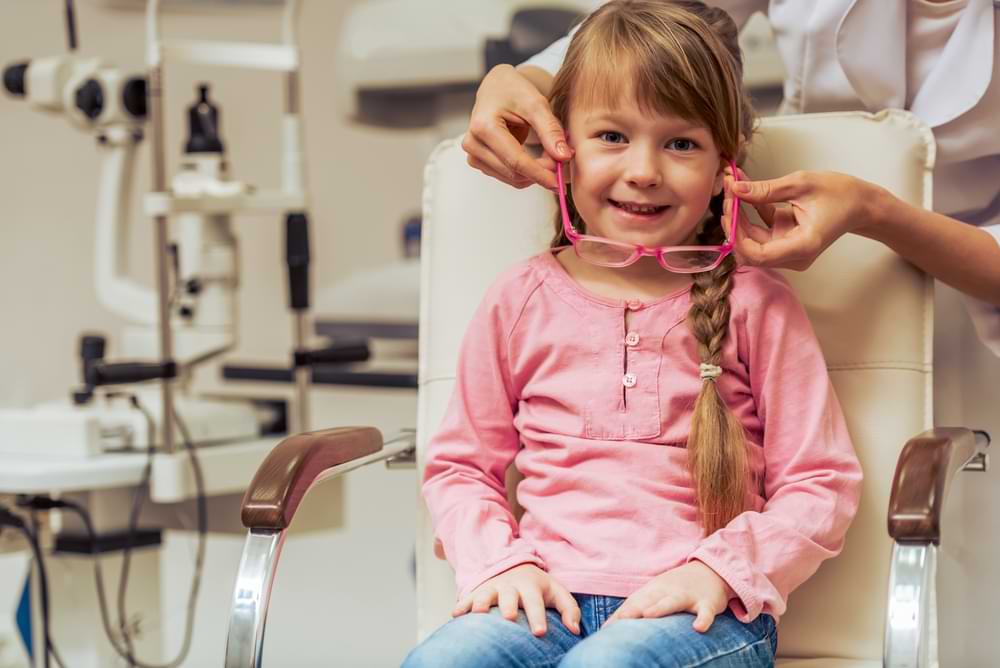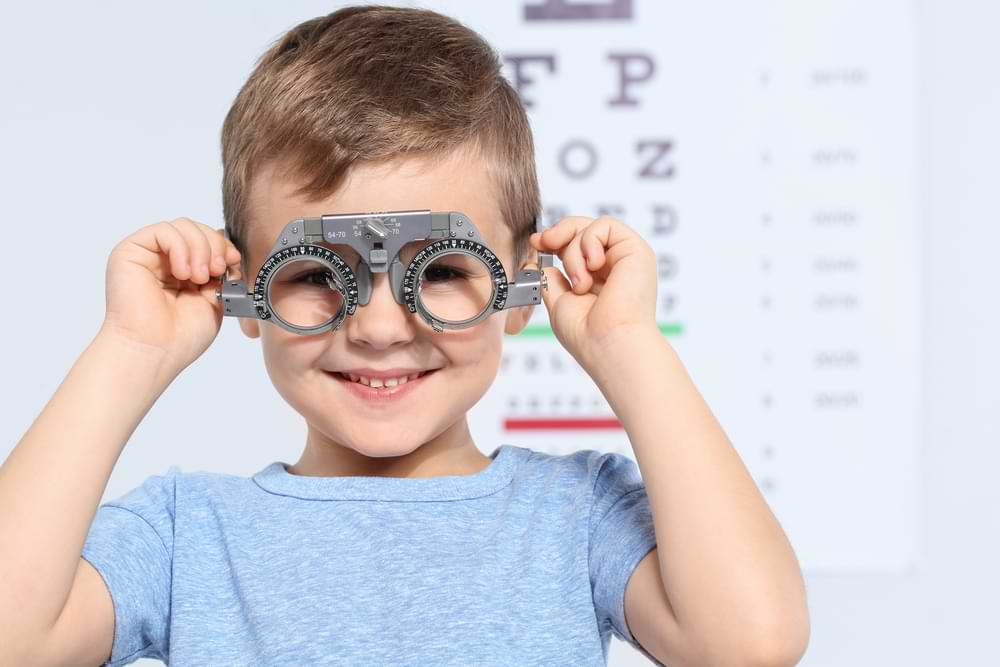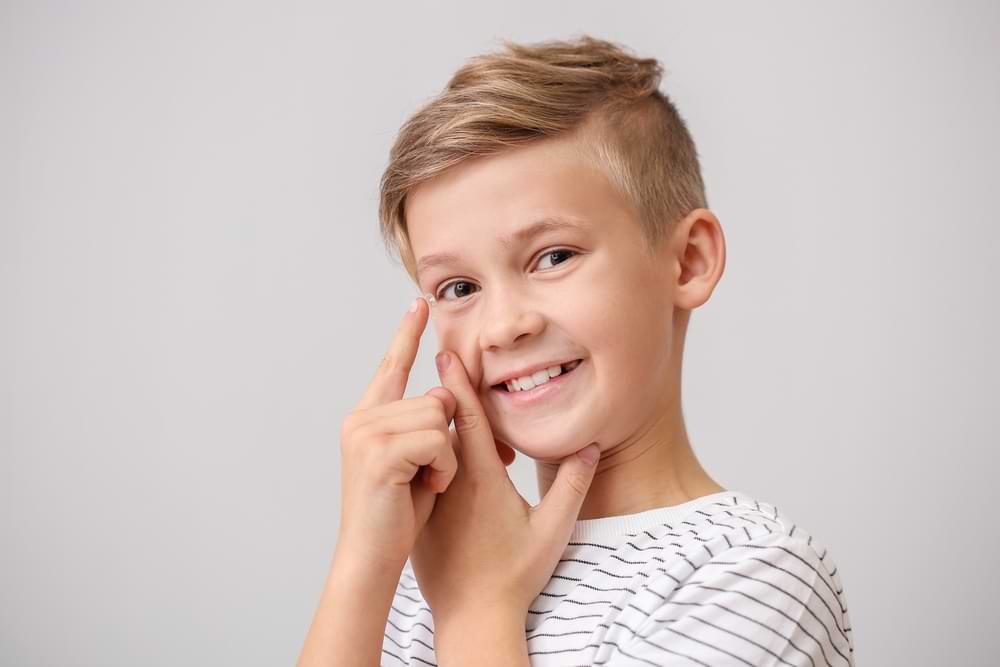Paediatric Optometry
Ensure your child’s vision is clear and healthy with experienced paediatric eye care. Comprehensive eye exams, myopia management, and advanced treatments for growing eyes.
Comprehensive Eye Care: Our exams go beyond just vision correction, addressing eye health issues that can impact learning and development.
Early Myopia Management: Detect and manage myopia early to prevent progression and protect your child’s long-term vision.
Advanced Diagnostic Technology: State-of-the-art tools like the Keratograph and Farnsworth D15 Colour Vision Test ensure accurate diagnosis and effective treatment.
Binocular Vision Exams: Assessing eye coordination to detect and treat conditions like strabismus (crossed eyes) and amblyopia (lazy eye).
Keratoconus Screening: Early detection of corneal misshape to prevent vision impairment.
Colour Vision Testing: Evaluating colour perception to support learning and daily activities.
Frequently Asked Questions:
How regularly should children visit an eye doctor?
It is recommended that children have their first comprehensive eye exam at 6 months of age, another at 3 years, and then before starting school. After that, children should visit the eye doctor every one to two years, or more frequently if recommended by the optometrist. Regular eye exams are important to monitor vision development and catch any issues early, especially as children grow and their eyes change.
Is a school vision screening sufficient for my child?
While school vision screenings are helpful, they are not a substitute for a comprehensive eye exam. Screenings typically only check for basic vision issues like distance vision and may miss other important aspects of eye health, such as binocular vision, focusing ability, and eye coordination. A comprehensive eye exam at an optometrist’s office provides a more thorough assessment of your child’s overall eye health.
At what age can a child wear contact lenses?
In special cases, children as young as infants can start wearing contact lenses. However, most children can start wearing contact lenses around the age of 8 to 10, depending on their maturity level and ability to handle the responsibility of proper lens care. The decision is based on the child’s motivation, personal hygiene habits, and the specific needs of their vision. An optometrist can help determine if contact lenses are a suitable option for your child.
Are there effective, long-lasting glasses for children?
Yes, there are many durable, high-quality glasses designed specifically for children. These glasses are built to withstand the active lifestyles of kids and come with features like impact-resistant lenses, flexible frames, and scratch-resistant coatings. At Martin’s Eyecare, we offer a range of child-friendly frames that are both stylish and sturdy, ensuring they last through the rough and tumble of childhood.



